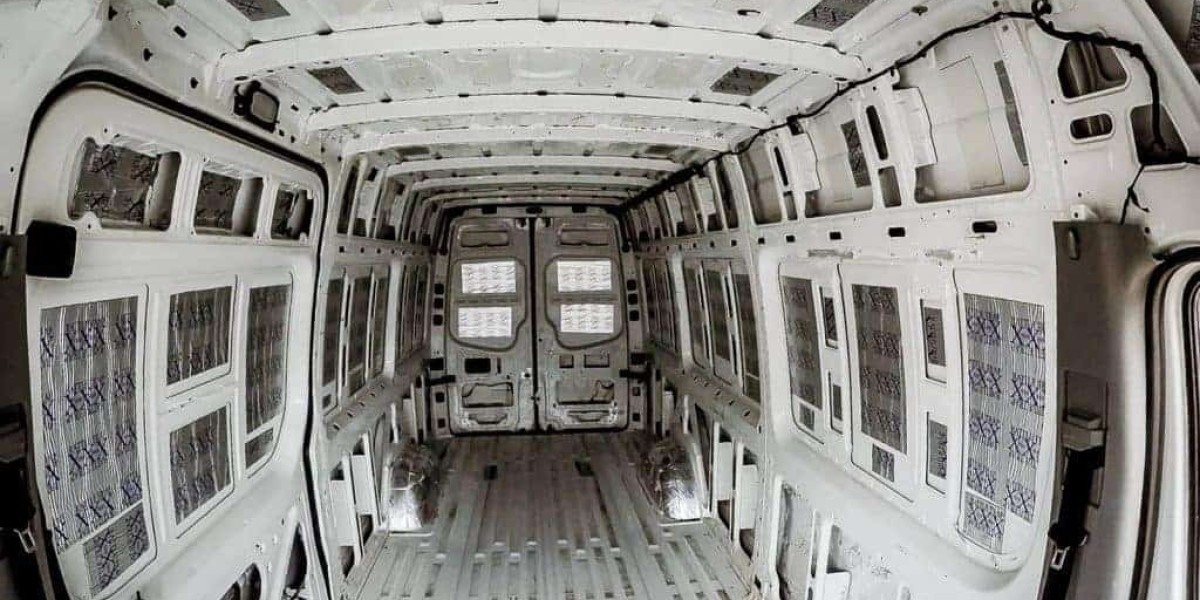Why Soundproofing Matters in a Van
Vans have large, hollow panels and minimal factory insulation, making them especially prone to noise intrusion. From highway rumble to rattling doors, these sounds can wear you down over time. Van soundproofing combats this by absorbing and blocking unwanted noise, leading to a noticeable difference in cabin acoustics.
Key Benefits of Van Soundproofing
Reduces Road and Wind Noise: Eliminates the constant drone that often comes with long drives or high speeds.
Improves Audio Quality: Music and conversation sound clearer without background interference.
Enhances Thermal Insulation: Many soundproofing materials also help regulate cabin temperature, keeping it cooler in summer and warmer in winter.
Boosts Comfort and Privacy: Ideal for campervan living, work vans, or family vehicles where quiet matters.
Common Soundproofing Materials
Sound Deadening Mats: Applied to doors, floors, and panels to reduce vibration.
Closed-Cell Foam: Helps block airborne noise and offers light insulation.
Mass Loaded Vinyl (MLV): A heavy barrier layer that significantly blocks sound transfer.
Spray Foam or Acoustic Sealants: Used in hard-to-reach areas to fill gaps and cracks.
Where to Apply Soundproofing
For best results, focus on high-noise areas like the wheel wells, floor, sliding doors, rear cargo area, and roof. Combining multiple materials in layers (deadening + foam + barrier) delivers the most effective noise reduction.
Final Thoughts
Whether you're outfitting a camper or just want a quieter ride, van soundproofing offers real, tangible benefits. With the right materials and installation approach, you can create a calm, acoustically balanced environment perfect for travel, work, or relaxation.








